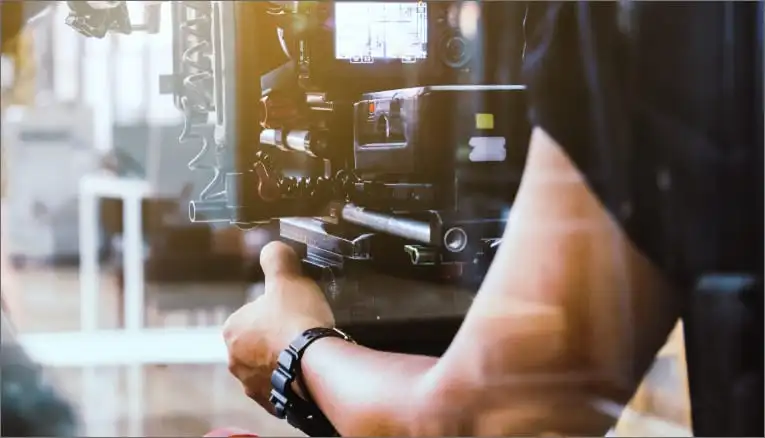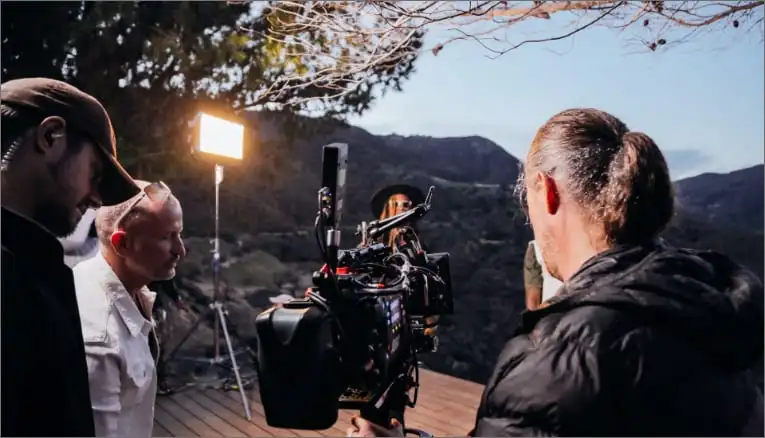Introduction
In the dynamic world of live performances, backline technicians play a crucial role in ensuring that musicians have the equipment they need to deliver unforgettable shows. From setting up instruments and amplifiers to troubleshooting technical issues on the fly, these skilled professionals are the backbone of any successful live production. If you’re passionate about music and have a knack for technology, a career as a backline technician could be the perfect fit for you. In this comprehensive guide, we will explore the essential skills, training requirements, and career opportunities in the exciting field of backline technician.
Understanding the Role of a Backline Technician
Before diving into the specifics, it’s important to grasp the fundamental responsibilities of a backline technician. Essentially, these professionals are responsible for setting up, maintaining, and troubleshooting musical equipment used by artists during live performances. This includes guitars, drums, keyboards, amplifiers, and various other instruments and accessories. Backline technicians must have a solid understanding of different musical genres and the specific technical requirements of each instrument.
Essential Skills and Qualifications
To excel as a backline technician, certain skills and qualifications are essential. Firstly, a strong technical background is crucial. Familiarity with various musical instruments, amplifiers, audio systems, and signal flow is necessary to ensure smooth operations during live performances. Additionally, problem-solving skills are paramount as backline technicians often need to troubleshoot issues quickly and efficiently. Good communication skills are also vital, as they will be working closely with musicians, stage managers, and other crew members.
Education and Training
While formal education is not always a requirement to become a backline technician, acquiring relevant training can greatly enhance your prospects in this field. Many technical schools and colleges offer programs in audio engineering, music production, or live sound reinforcement. These programs provide a solid foundation in music theory, technical skills, and industry-specific knowledge. Additionally, online courses such as those offered by Yellowbrick can be a convenient and flexible way to gain specialized knowledge in backline technician skills.
Gaining Hands-On Experience
As with any technical field, hands-on experience is invaluable for aspiring backline technicians. Consider seeking internships or entry-level positions at music venues, recording studios, or production companies to gain practical experience in setting up and maintaining backline equipment. This will not only help you develop your technical skills but also provide valuable networking opportunities within the industry.
Building Your Professional Network
Networking plays a crucial role in the music industry, and the same holds true for backline technicians. Attend industry events, music festivals, and conferences to connect with professionals in the field. Join online forums and communities where you can share knowledge, ask questions, and stay updated on the latest industry trends. Building a strong professional network can open doors to new opportunities and collaborations.
Career Opportunities and Growth
The demand for skilled backline technicians is growing steadily, with opportunities available in various settings, including concert tours, music festivals, corporate events, and recording studios. Starting as an assistant or technician, you can progress to become a head technician or even a tour manager with experience and expertise. Additionally, working with renowned artists and bands can lead to exciting career advancements.
Key Takeaways:
Becoming a successful backline technician requires a combination of technical skills, hands-on experience, and a strong professional network. By understanding the role of a backline technician and honing essential skills such as technical knowledge, problem-solving abilities, and communication skills, you can excel in this field.
While formal education is not always necessary, pursuing relevant training programs or online courses can provide you with a solid foundation and specialized knowledge. Gaining hands-on experience through internships or entry-level positions will further enhance your skills and help you build valuable connections within the industry.
Networking








